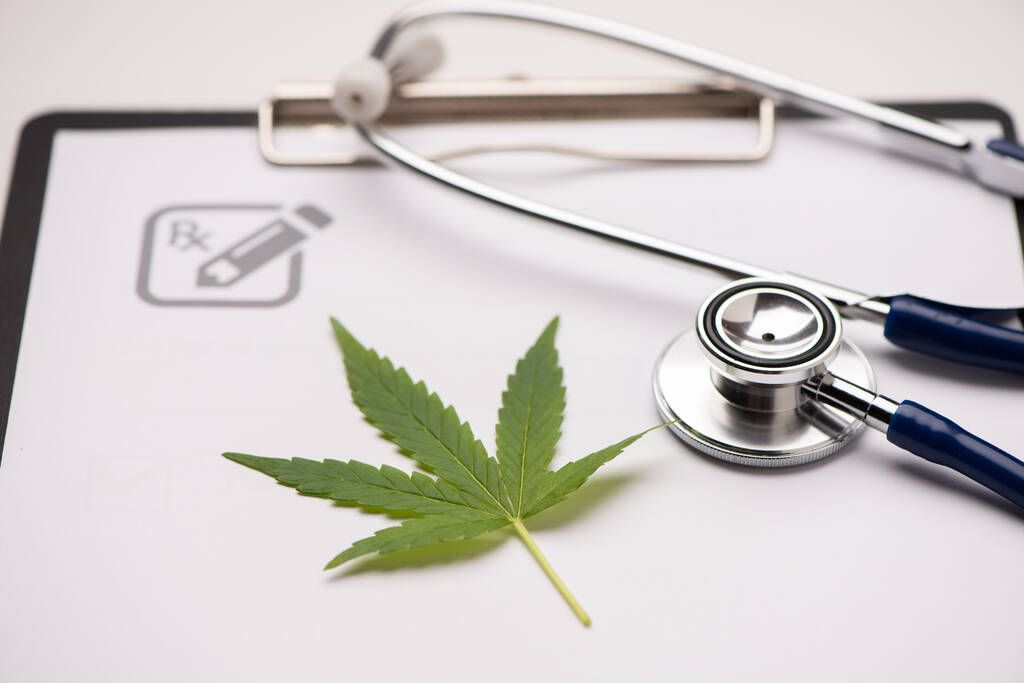There are still 12 states that have not legalized medical marijuana, but that number could shrink substantially within the next year.

Recent nationwide polling shows that 88% of adults in the United States support legalizing medical marijuana, including a majority of all political and ideological affiliations. Despite such widespread support, and despite 38 states having legalized marijuana as a medicine, 12 states continue to holdout. Some of these states have active legislative or initiative efforts with a real chance of legalizing medical marijuana by next year.
With that in mind, here’s a breakdown of the five states set to legalize medical marijuana within the next 12 months.
-
North Carolina
In March 2023 the North Carolina Senate voted 36 to 10 to pass the “Compassionate Care Act”, which would allow patients with a “debilitating medical condition” such as cancer, epilepsy, Parkinson’s disease, multiple sclerosis and post-traumatic stress disorder to possess and consume medical marijuana if they receive a recommendation from a licensed physician. The law would allow 10 medical marijuana suppliers to control the cultivation and sale of cannabis, with each allowed to operate up to eight dispensaries. The measure would also establish a Medical Cannabis Production Commission to regulate and oversee the medical marijuana industry.
Since passage, the measure has stalled in the House of Representatives. However, with the current legislative session running until the end of July, and with a renewed push from supporters of the measure, there’s a possibility the House could take action soon and send the bill to Governor Roy Cooper. If the measure is not enacted into law this session, it will need to be refiled next year as legislative proposals remain active for just two sessions.
According to polling released in February, 78% of North Carolina voters support legalizing medical marijuana.
-
Louisiana
The Louisiana Legislature last week gave approval to legislation to extend the state’s medical marijuana pilot program by five years, to 2030. The vote was so overwhelming, 126 to 2, that proponents of legalizing medical marijuana have expressed optimism that it could be an indication that lawmakers may be willing to extend the limited program and make it permanent in the next legislative session. At least three state lawmakers have publicly stated their intention to work towards this goal.
-
Nebraska
A campaign aiming to place a medical marijuana initiative on the November 2024 ballot in Nebraska has collected over 60% of the required signatures. The group has also reached the minimum required signatures across at least 38 of the state’s 93 counties, as needed for a measure to make the ballot. The group has until July to gather the remaining signatures.
The legislation would legalize the use, possession, and acquisition of medical marijuana by a qualified patient with a written recommendation from a health care practitioner. The proposal would establish the Nebraska Medical Cannabis Commission to handle the registration and regulation of individuals involved in the possession, manufacture, distribution, delivery, and dispensing of cannabis for medical purposes.
Polling released earlier this year — commissioned by the Neilan Strategy Group and conducted by Data Targeting Inc. — found that 70% of voters in the state support legalizing medical marijuana.
-
South Carolina
Legislation (Senate Bill 423) to legalize medical marijuana was approved earlier this year by the South Carolina Senate with a vote of 26 to 17. It is currently in the House Committee on Medical, Military, Public and Municipal Affairs.
The bipartisan bill would establish the South Carolina Medical Cannabis Program, creating a seed-to-sale system to provide medical cannabis to treat a qualifying patient’s debilitating medical condition or alleviate symptoms.
The law would allow patients to possess an “allowable amount of medical cannabis” or “allowable amount of cannabis products,” defined as:
- Cannabis products for topical administration including, but not limited to, patches for transdermal administration or lotions, creams, or ointments, containing a total of no more than 4,000 milligrams of tetrahydrocannabinol;
- Cannabis products for oral administration including, but not limited to, oils, tinctures, capsules, or edible forms, containing a total of no more than 1,600 milligrams of tetrahydrocannabinol;
- Cannabis products consisting of oils for vaporization containing a total of no more than 8,200 milligrams of tetrahydrocannabinol; or
- For any other modes of delivery, an equivalent amount as determined by the department.
The measure would establish a licensed and regulated system of marijuana dispensaries to supply medicine to any qualified patient. The Department of Health and Environmental Control and the Board of Pharmacy would be tasked with establishing rules and handling licensing for marijuana businesses.
If the measure advances through the House committee process and is passed by the full House, it will be sent to Governor Henry McMaster for consideration.







